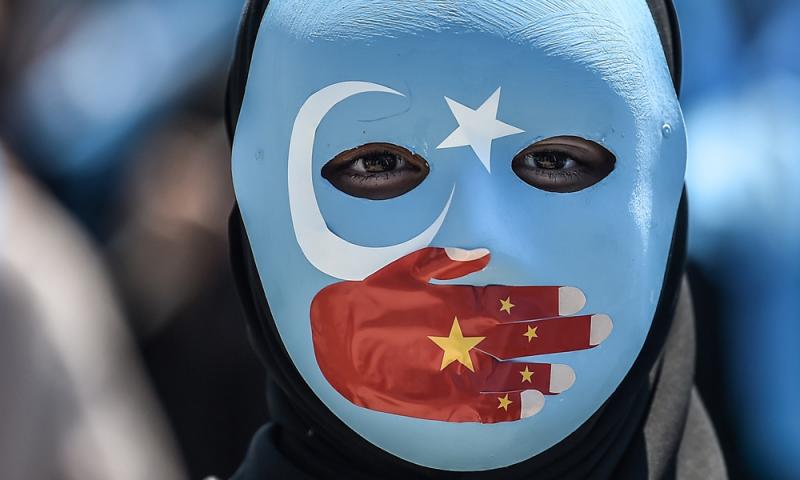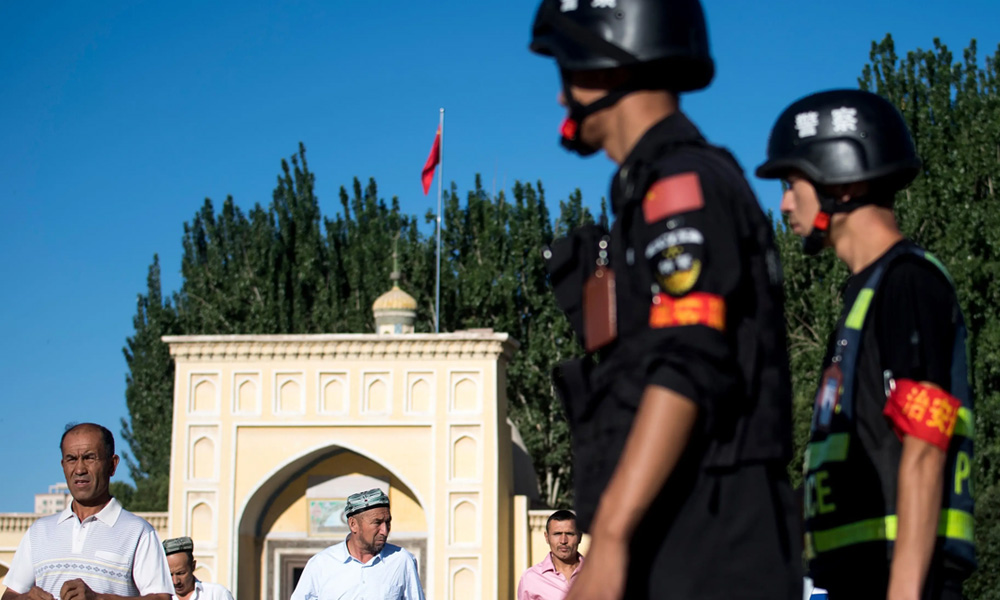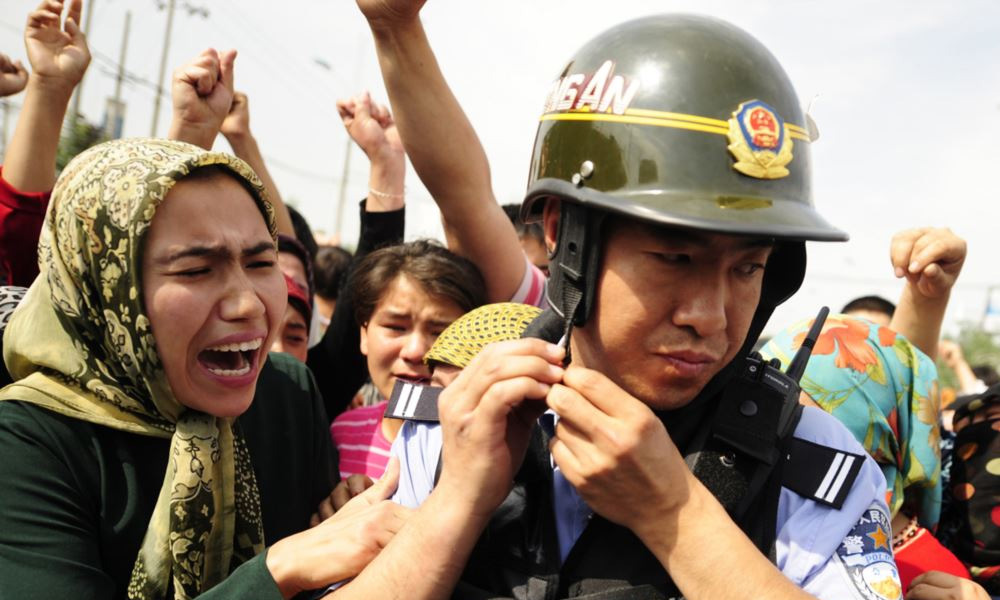COMMENT | Muslim-majority countries' silence on Uyghur genocide is mistake
COMMENT | How will history judge the response of Muslim-majority governments to the Chinese state’s treatment of the Uyghur people and other Turkic Muslims?
Muslim-majority governments stood by as genocide was committed against the Uyghur people - brutally punishing their Islamic faith. As Uyghurs were interned, imprisoned, forcibly sterilised, and sent into coercive labour, political leaders in some Muslim-majority states defended China’s policies and signed economic cooperation agreements. Support for Uyghurs in Muslim-majority countries came mostly from civil society.
History will not be kind to most Muslim-majority states regarding their complicity in the genocide of the Uyghur people. Unless they act urgently, the record will show that their governments stood by silently. Indeed, the record will show the shameful cynicism of political leaders who have traded Uyghurs’ wellbeing for access to Chinese capital.
However, it is not too late. Muslim-majority countries can change history if they follow the lead of Muslim civil society voices, and act to end the Uyghur nightmare.
For the past two years, we have seen too many absurd statements by some Muslim leaders on the Uyghur issue.
“China has the right to take anti-terrorism and de-extremism measures to safeguard national security.” – Saudi Crown Prince Mohammed Salman Al Saud, February 2019.
“Frankly, I don't know much about that.” – Prime Minister of Pakistan, Imran Khan, March 2019.
“I don’t know the facts there, so I don’t want to comment.” – President of Indonesia, Joko Widodo, March 2019.
“[In] our conversations with Chinese, this is not the case. China has been one of the greatest friends to us in our most difficult times. China came to the rescue when our economy was struggling." – Prime Minister of Pakistan, Imran Khan, June 2021.
Since 2019, the world has had access to a tidal wave of information about the severity of the Uyghurs’ plight. Around the globe, genocide-prevention experts and legislators - from Belgium to the United Kingdom - have considered the evidence, and declared the Chinese government is undertaking a genocide. Nevertheless, Muslim-majority states remain silent or supportive of the Chinese government’s crimes.
Imran Khan’s June interview with Axios HBO shows the contortions required to maintain this position in 2021. When asked about the clear documentation of genocidal policies, Khan replied, “I’m not sure about that, because of our conversations with the Chinese. This is not the picture.”
According to Khan, if the Chinese government denies committing human rights crimes, then it is not guilty. This position is outrageous. Claiming to believe that everything is fine for Uyghurs is a transparent excuse for the Pakistani government to justify deals like the second phase of the China-Pakistan Free Trade Agreement in January 2020.
Perpetrators of cowardly acts usually attempt to keep them concealed. But the Chinese government has gone further, pressuring Muslim leaders to praise its treatment of Islam.
China’s disinformation on Uyghurs has provided states with plausible deniability. Khan is the most egregious of the denialists doing Beijing’s work. However, leaders in other Muslim-majority states and territories, such as Bahrain, Egypt, Iran, Morocco, Palestine, and the United Arab Emirates, have also supported China’s Uyghur policies in the United Nations. They should not escape the spotlight.
For Muslim civil societies, the situation is different. Many activists look beyond the external overlay of power politics on the Uyghur genocide and speak out for the suffering Muslim brothers and sisters.
In December, 150 Muslim organisations from 15 countries called on the Organisation of Islamic Cooperation to live up to its charter – to “preserve and promote the lofty Islamic values of peace, compassion, tolerance, equality, justice, and human dignity” – and condemn the atrocious crimes committed against Uyghurs.
NGOs from nine Muslim-majority countries, including Malaysia and Indonesia, have endorsed the global call to action for corporations to stop profiting from state-organised forced labour of Uyghurs. On social media, groups from Malaysia4Uyghur to Free Uyghur Now and Indonesia Save Uyghur are calling for urgent action.
Civil societies across the globe are also growing increasingly sceptical about Chinese political and economic influence in their countries, as China’s narrative of condition-free, debt-free, and sustainable capital unravels.
Protests in Argentina, Hungary, Kazakhstan, Kenya, Kyrgyzstan, Myanmar, Sri Lanka, and Vietnam, among others, should give leaders in Muslim-majority states pause for thought: is it worthwhile to conform to Beijing’s vision of the world in exchange for aid, trade, and investment, when citizens increasingly question this policy?
Uyghurs are finally beginning to receive support as the world realises a genocide is unfolding. But some who wish to support Uyghurs are discovering that their own decisions are dictated not by their conscience but by fear of economic retaliation. That fear is exacting a very heavy price for the Uyghur people. If silence becomes a habit, who will be the next to pay a price?
OMER KANAT is executive director, Uyghur Human Rights Project. Follow Omer Kanat at @OmerKanat1.
The views expressed here are those of the author/contributor and do not necessarily represent the views of Malaysiakini.
RM12.50 / month
- Unlimited access to award-winning journalism
- Comment and share your opinions on all our articles
- Gift interesting stories to your friends
- Tax deductable


